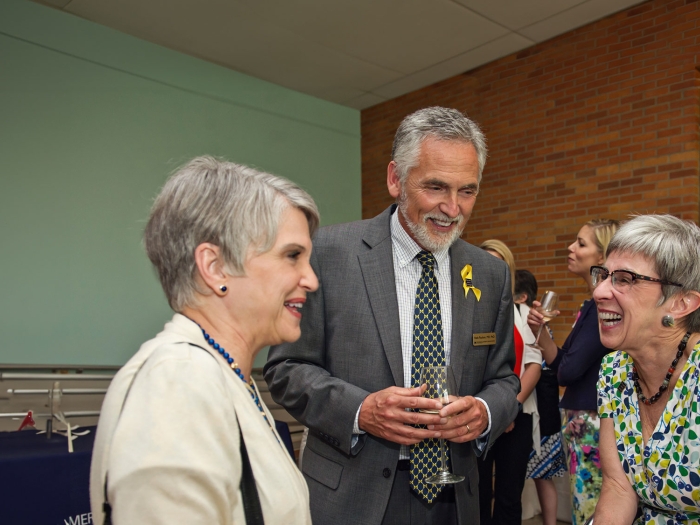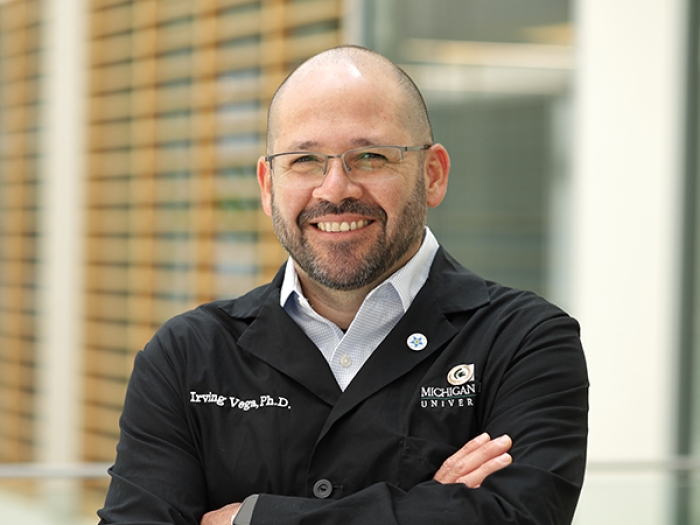Join us in our mission to conquer Alzheimer's disease and related dementias. We conduct groundbreaking research, offer cutting-edge care, and champion education and wellness across the state. Together, we bridge disparities, empower futures, and ignite hope for future generations.

The Michigan Alzheimer's Disease Center (MADC) is committed to memory and aging research, patient care, education and wellness to support persons living with or caring for a loved one with dementia.
Established at Michigan Medicine and based in the Department of Neurology, the MADC aims to:
- Conduct and support research on Alzheimer’s disease and related dementias
- Promote state-of-the-art care and wellness for individuals and families affected by memory loss
- Increase dementia awareness through collaborative education and outreach efforts
- Work to address racial and ethnic disparities in Alzheimer’s disease and related dementias
- Provide training and support to the next generation of clinicians and scientists
2101 Commonwealth Blvd, Ste D.
Ann Arbor, MI 48105
MADC: [email protected]
Brain Bank: [email protected]

The Rinne Lewy Body Dementia Initiative was created to support those living with the disease and their care partners, improve awareness among healthcare professionals and the public, and advance our understanding and treatment of the disease.

Our Wellness Initiative offers a variety of programs to support the well-being of caregivers and people living with early-stage memory loss.

The Michigan Brain Bank provides individuals and families an opportunity to contribute to the future of science.










The Michigan Alzheimer’s Disease Center publishes several monthly e-newsletters. Sign up to stay in the loop with new Center research, enrolling studies, educational events, and more.